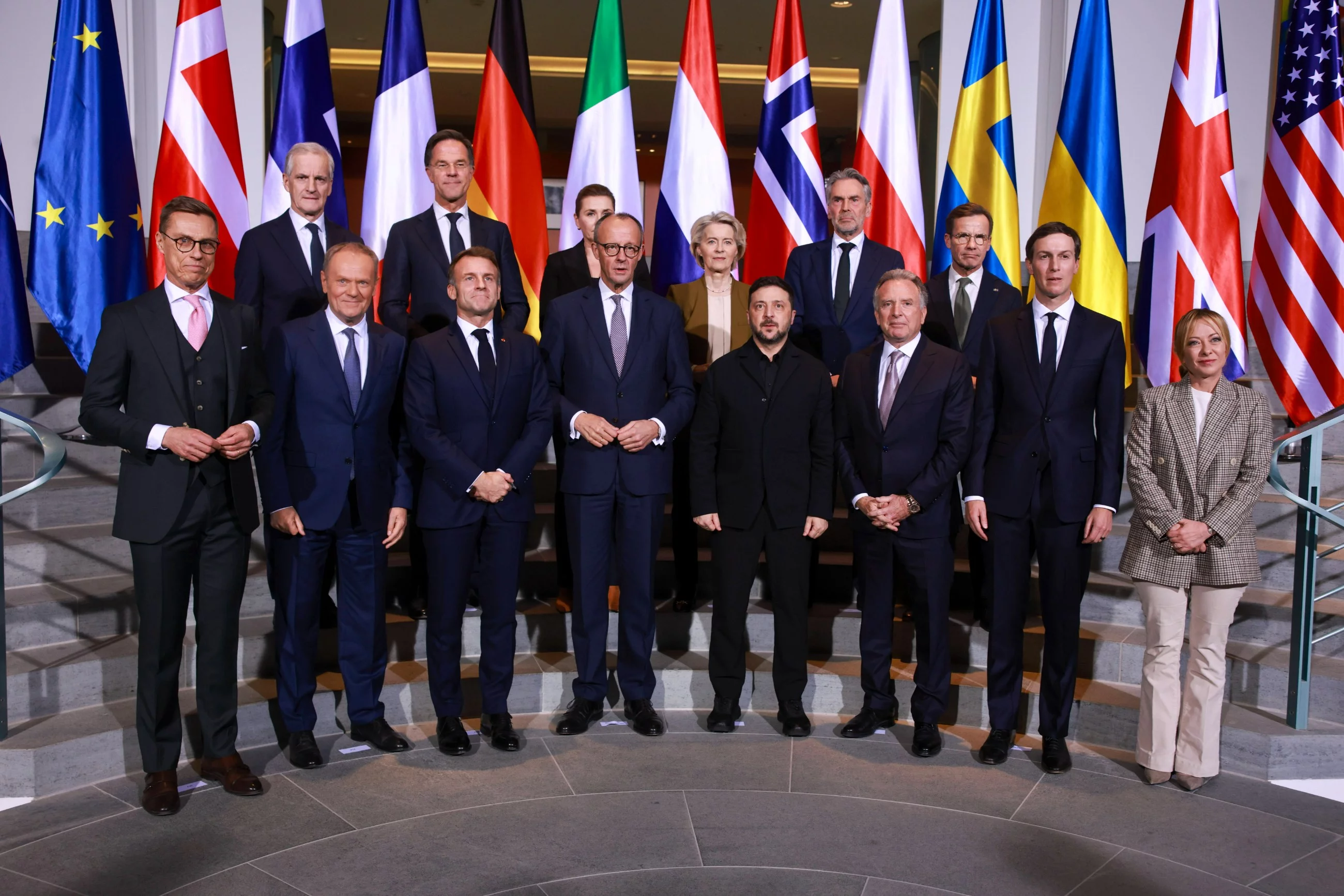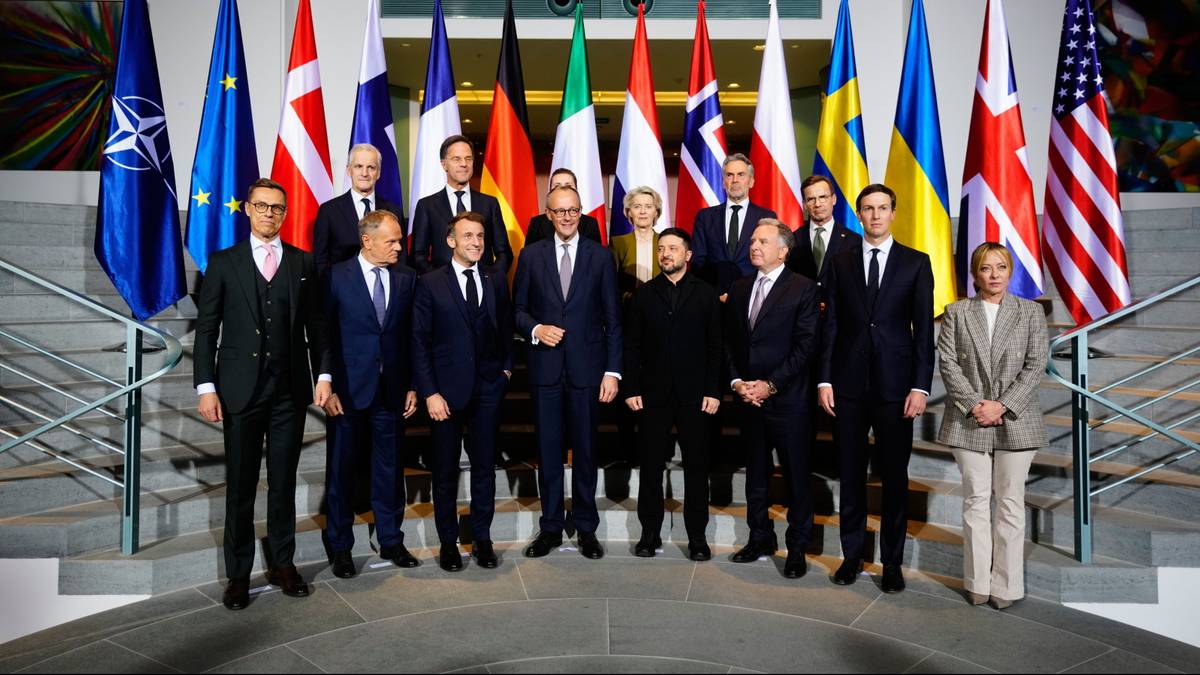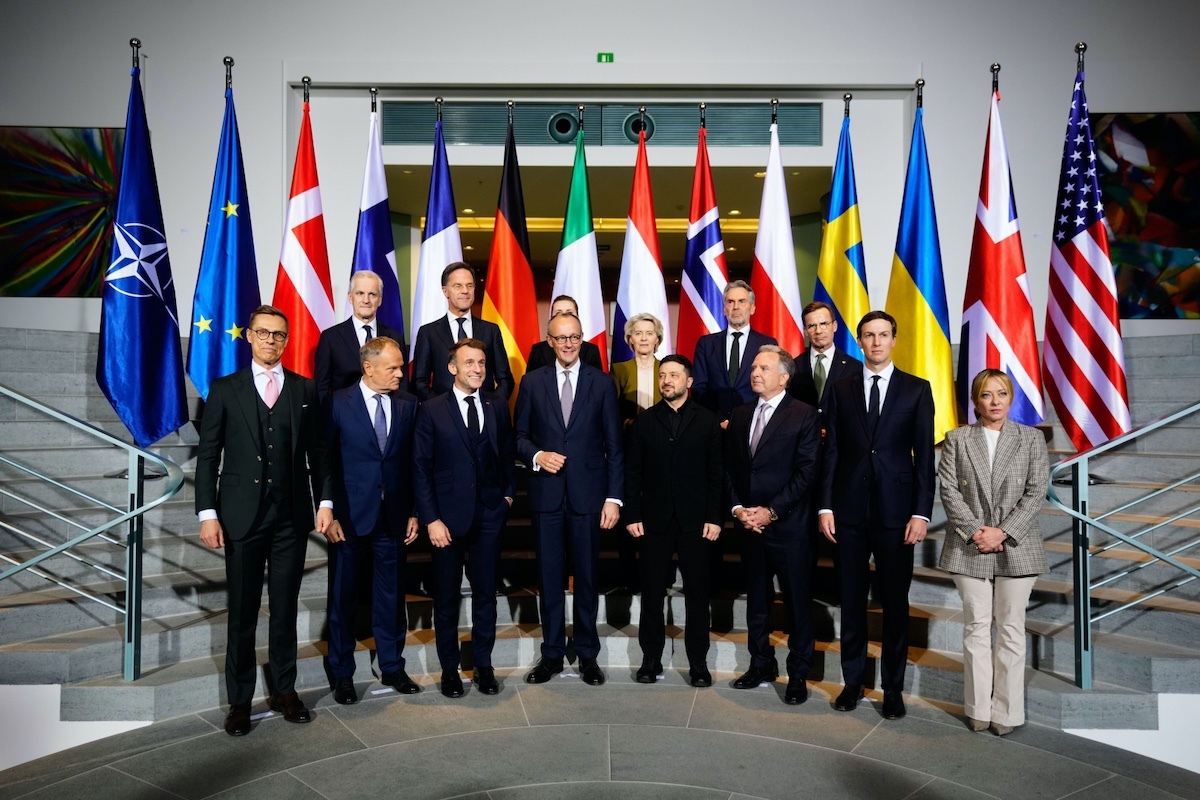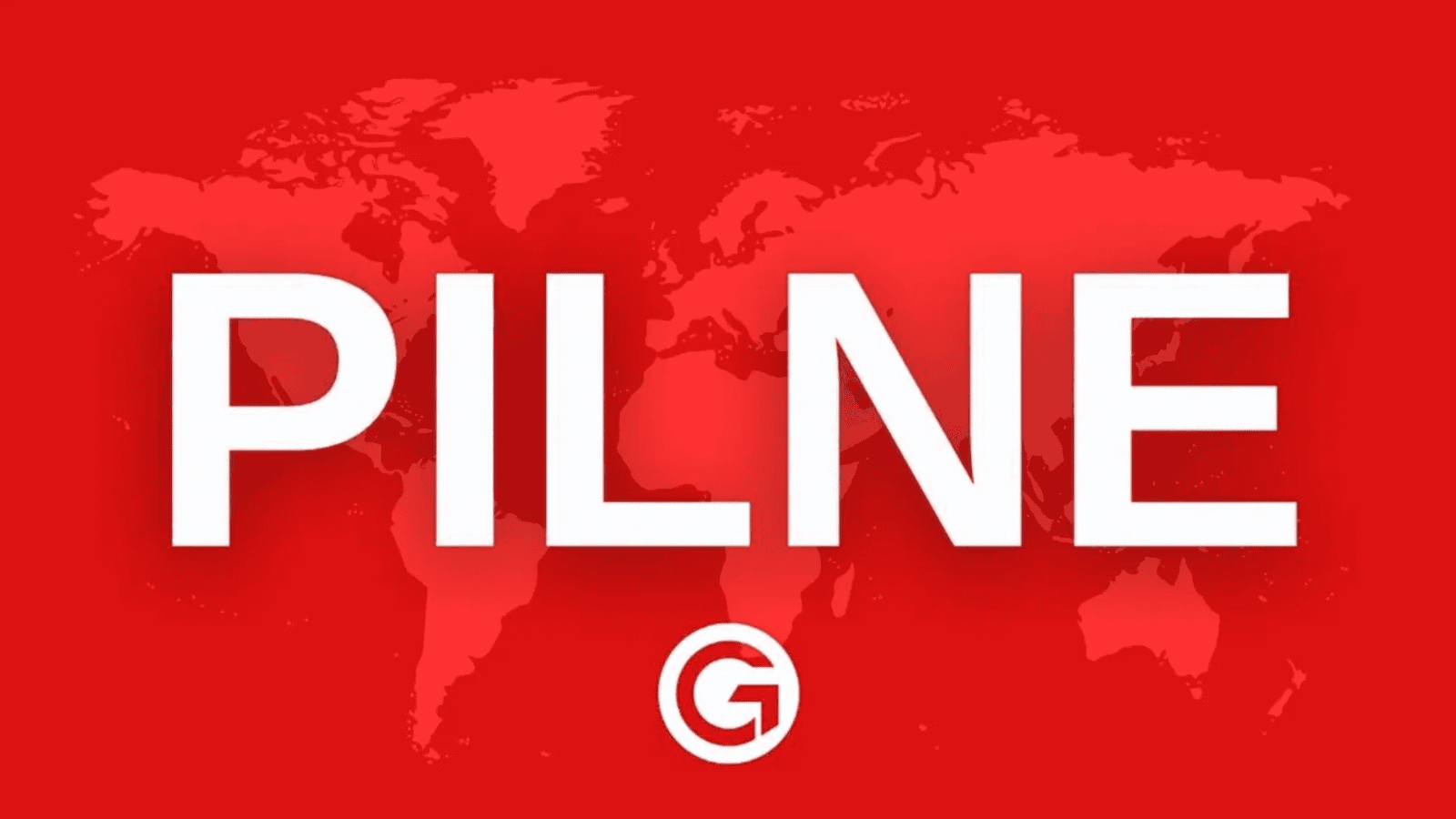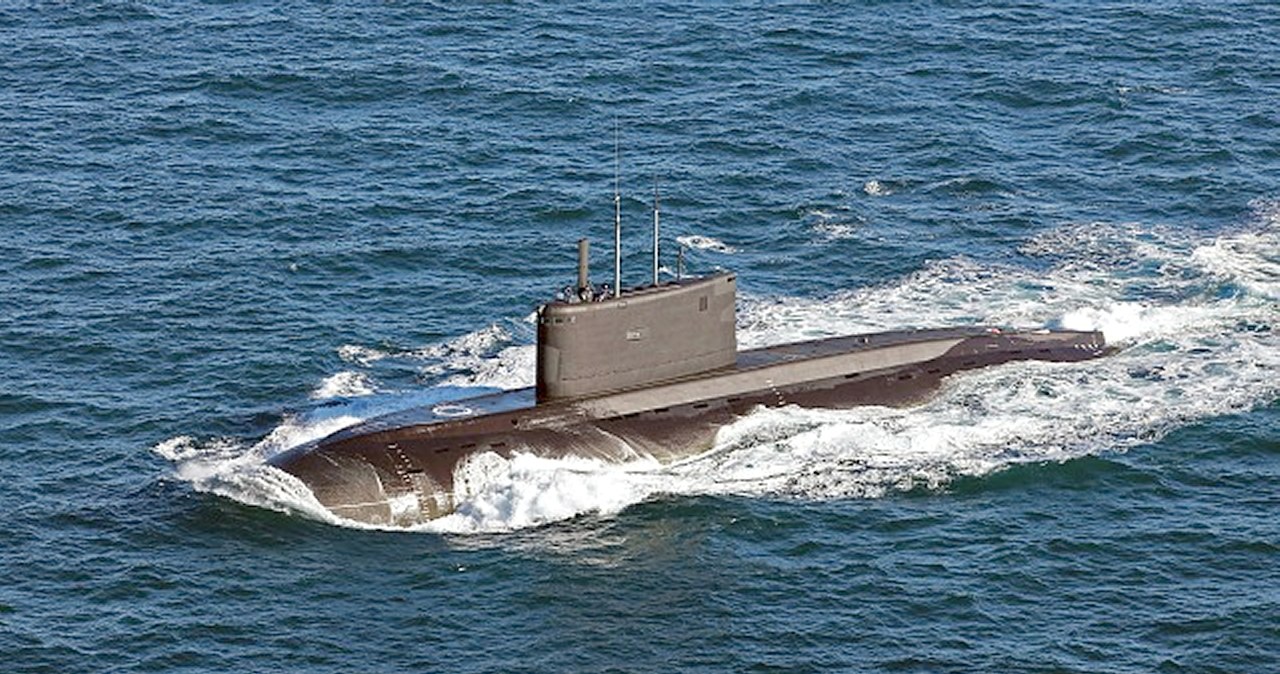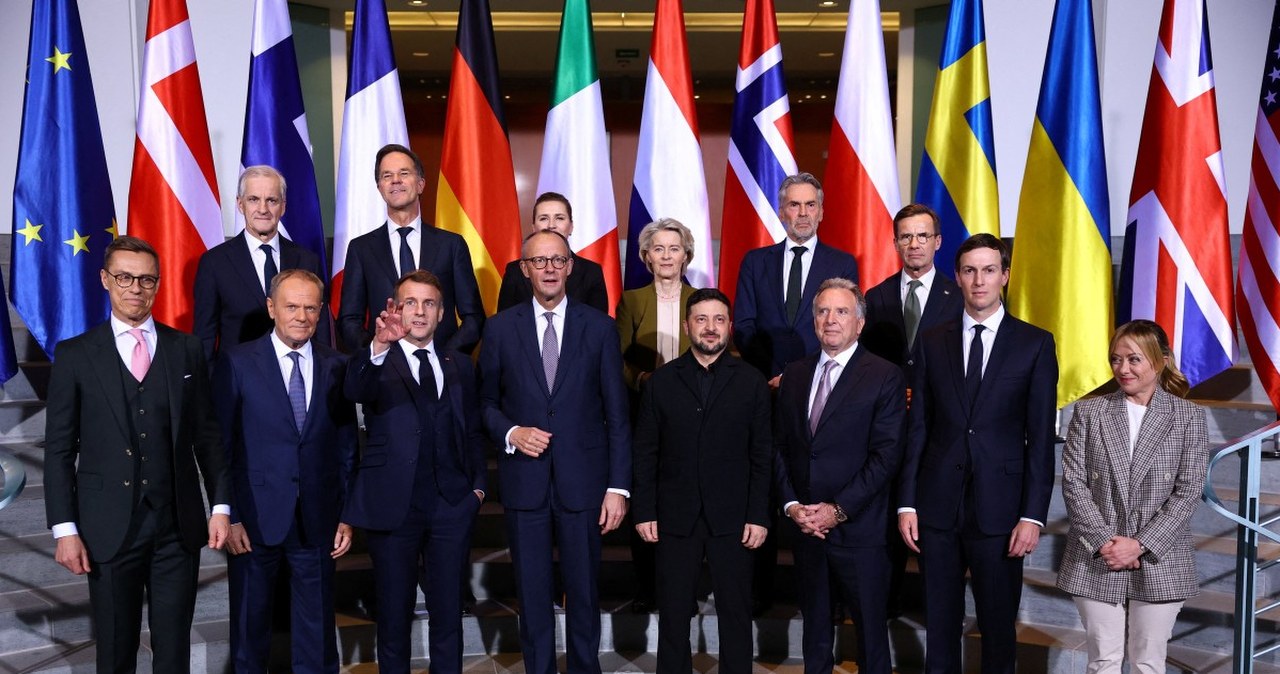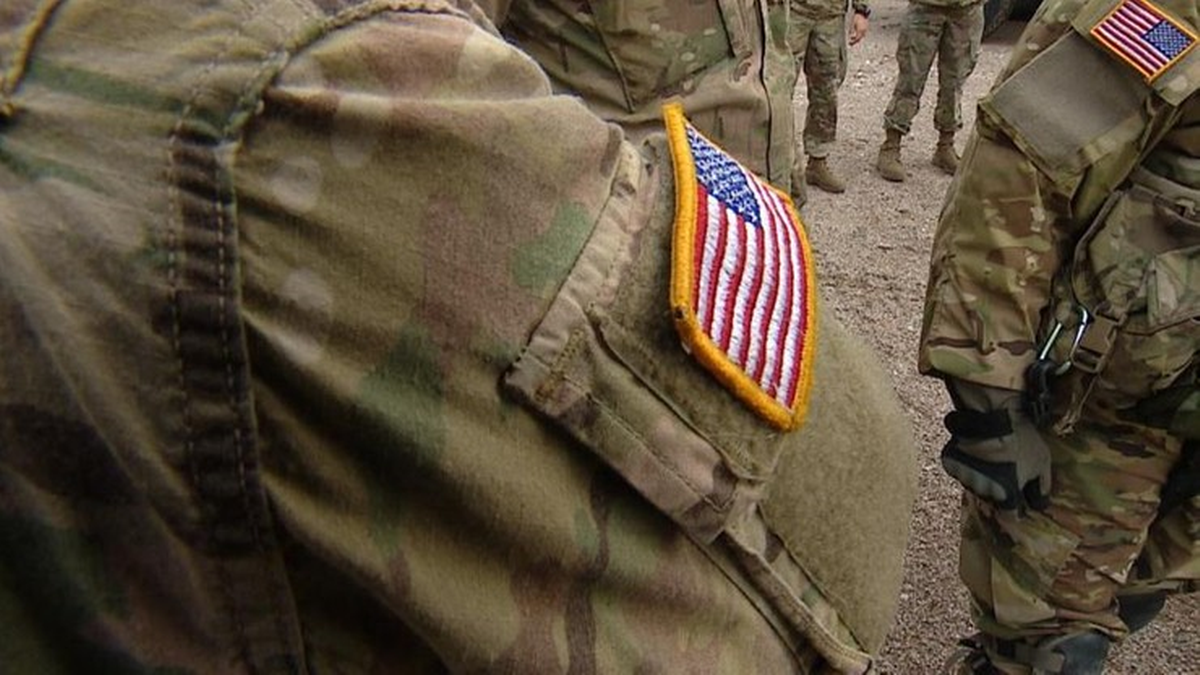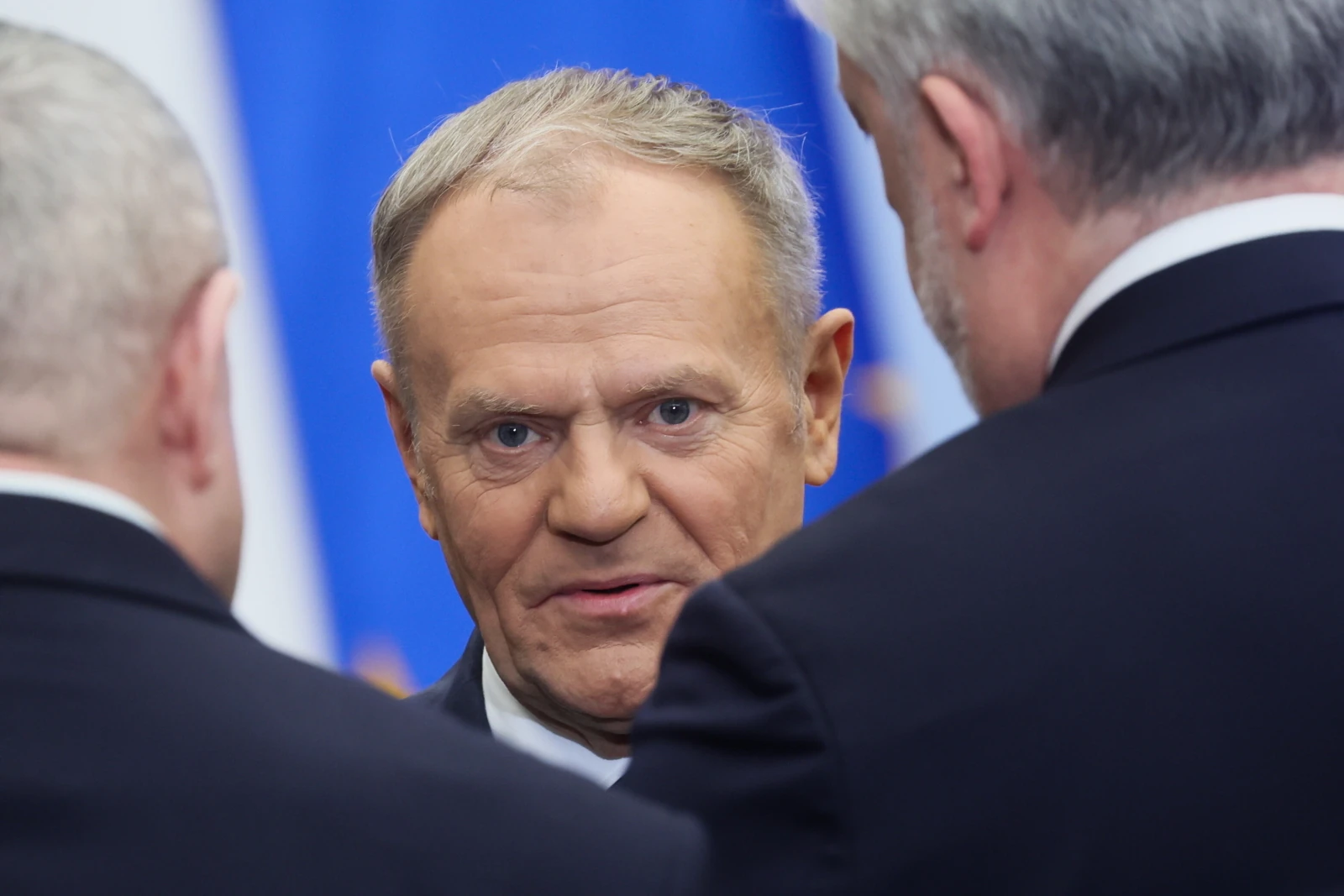US Army Secretary Daniel Driscoll met with Russian and Ukrainian officials in Abu Dhabi on Tuesday in an attempt to reconcile deep divisions over a peace plan to end the war in Ukraine. The discussions followed weekend talks in Geneva where Ukraine and its European allies pushed back against a 28-point proposal containing significant concessions to Moscow.
The diplomatic push came as Russian bombardment of Ukraine continued overnight. At least six people were killed and 13 injured in strikes that knocked out water and electricity in parts of the capital Kyiv. Ukraine's forces also carried out a drone attack in Russia's Rostov region, reportedly killing three people and injuring eight.
Driscoll had met with Russian officials on Monday night before Tuesday's broader discussions. Kyrylo Budanov, chief of Ukraine's Main Intelligence Directorate, reportedly represented Ukraine at the Abu Dhabi meetings.
Diplomatic Coordination
British Prime Minister Keir Starmer spoke with Ukraine's President Volodymyr Zelensky on Tuesday ahead of a meeting of the "coalition of the willing" - countries prepared to offer support to Ukraine.
Zelensky said he had a "good and very productive" conversation with Starmer. He said: "I thanked the Prime Minister for the condolences he expressed to the Ukrainian people. Last night, Russia launched another attack – at a time when Ukraine, together with America, Europe, and many others around the world, are working virtually around the clock to stop the bloodshed."
Zelensky added: "Following the meetings in Geneva, we see many prospects that can make the path to peace real. There are solid results, and much work still lies ahead."
Ukrainian official Rustem Umerov, Secretary of the National Security and Defence Council, said US and Ukrainian delegations "reached a common understanding on the core terms of the agreement discussed in Geneva." He described the talks as "productive and constructive."
Umerov said: "We look forward to organising a visit of Ukraine's President to the US at the earliest suitable date in November to complete final steps and make a deal with President Trump."
European Concerns
French President Emmanuel Macron warned against a deal amounting to a "capitulation" by Kyiv. In an interview with RTL radio on Tuesday morning, he said such an outcome would "give Russia all the freedom to go further, including to other European [countries] and put everyone's security in danger."
The 28-point White House peace plan, informed by Russian demands, has been denounced by Ukrainians and their European allies as rewarding Russian aggression. Ukrainian local officials have described US pressure for a quick deal as a "capitulation."
Driscoll's appointment as point man for the peace deal is linked to his close friendship with Vice President JD Vance, who studied with him at Yale. Vance, known for his isolationist views, has been involved in the negotiations.
The Kremlin declined to comment on the meetings. Spokesperson Dmitry Peskov said he had "nothing to say" about Driscoll's discussions with Russian officials.
Note: This article was created with Artificial Intelligence (AI).

